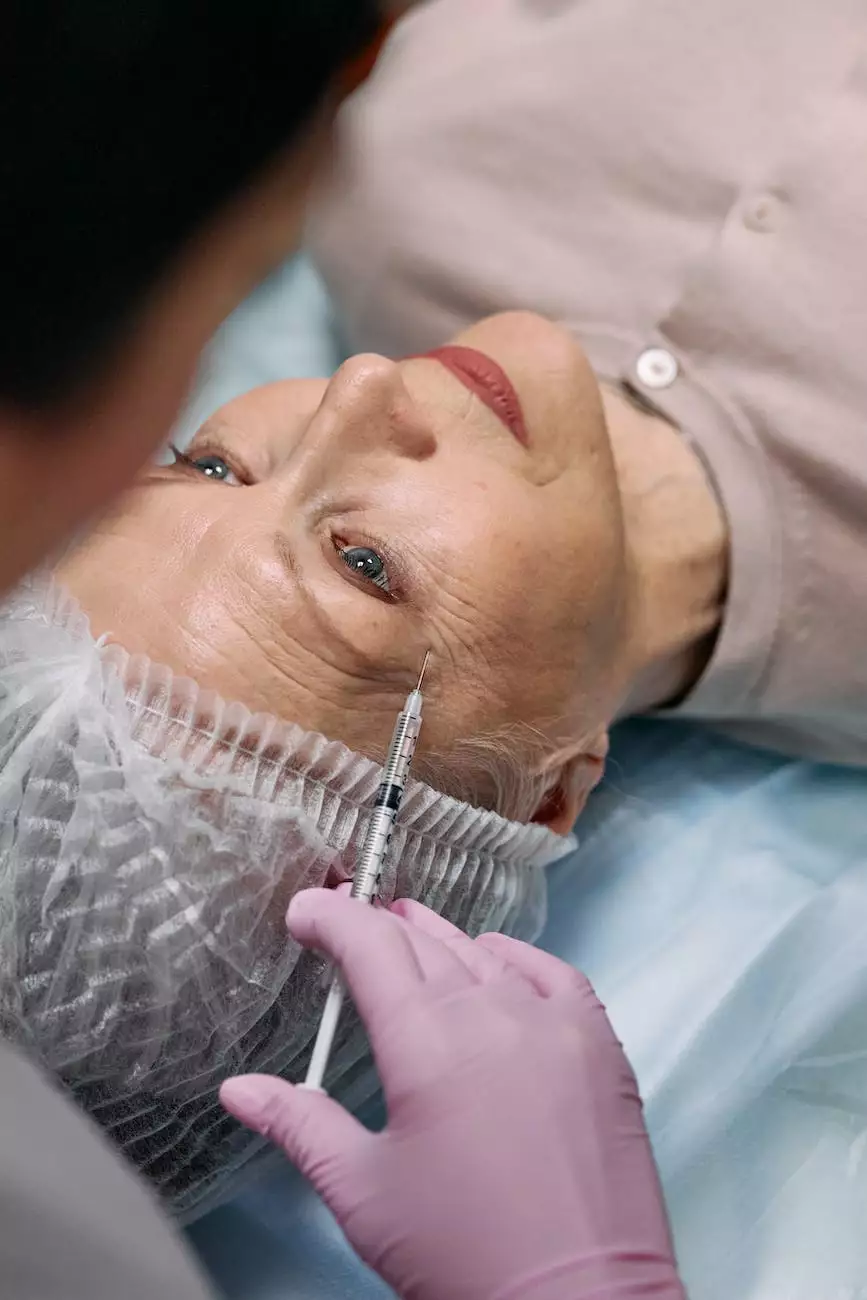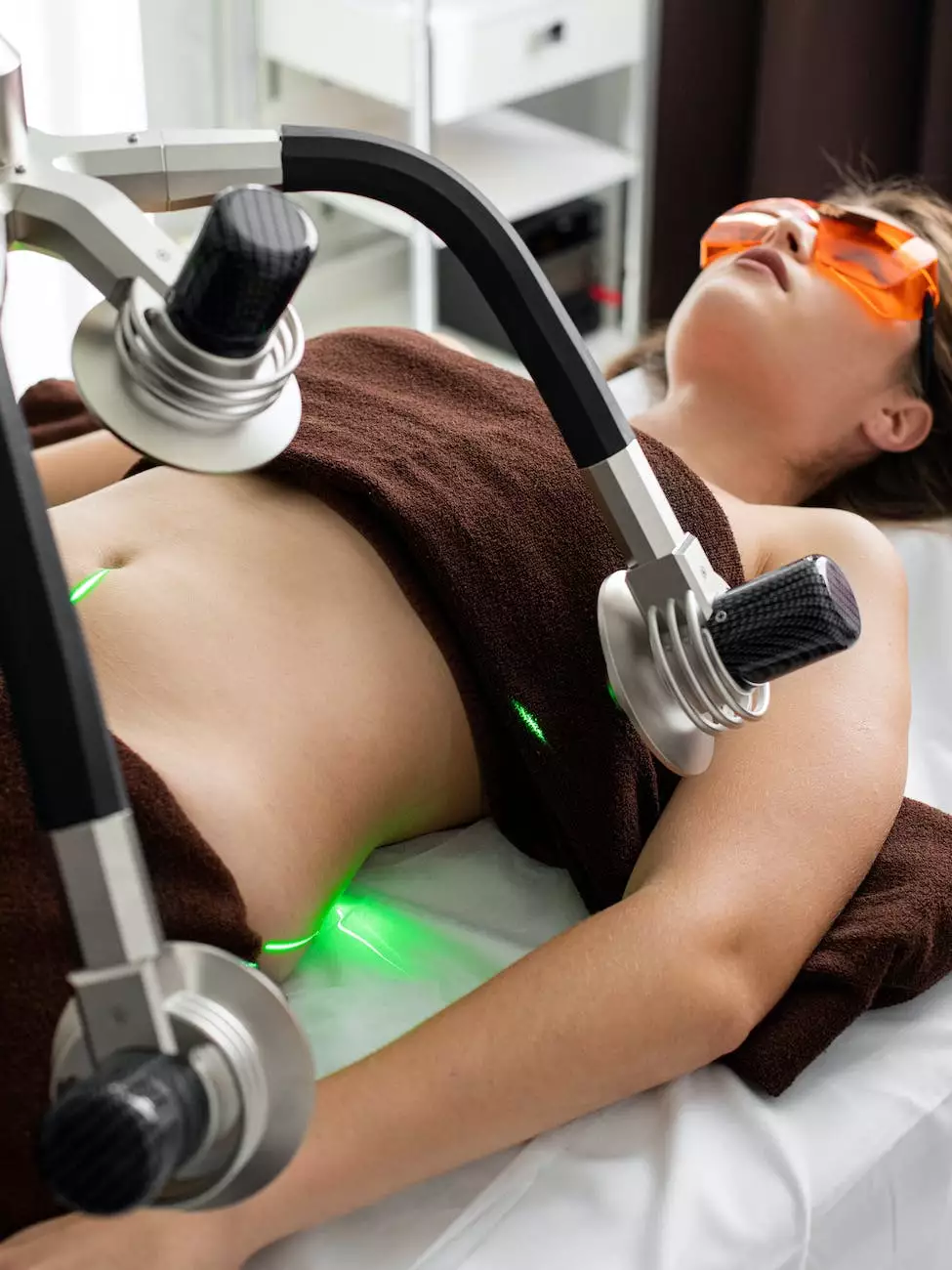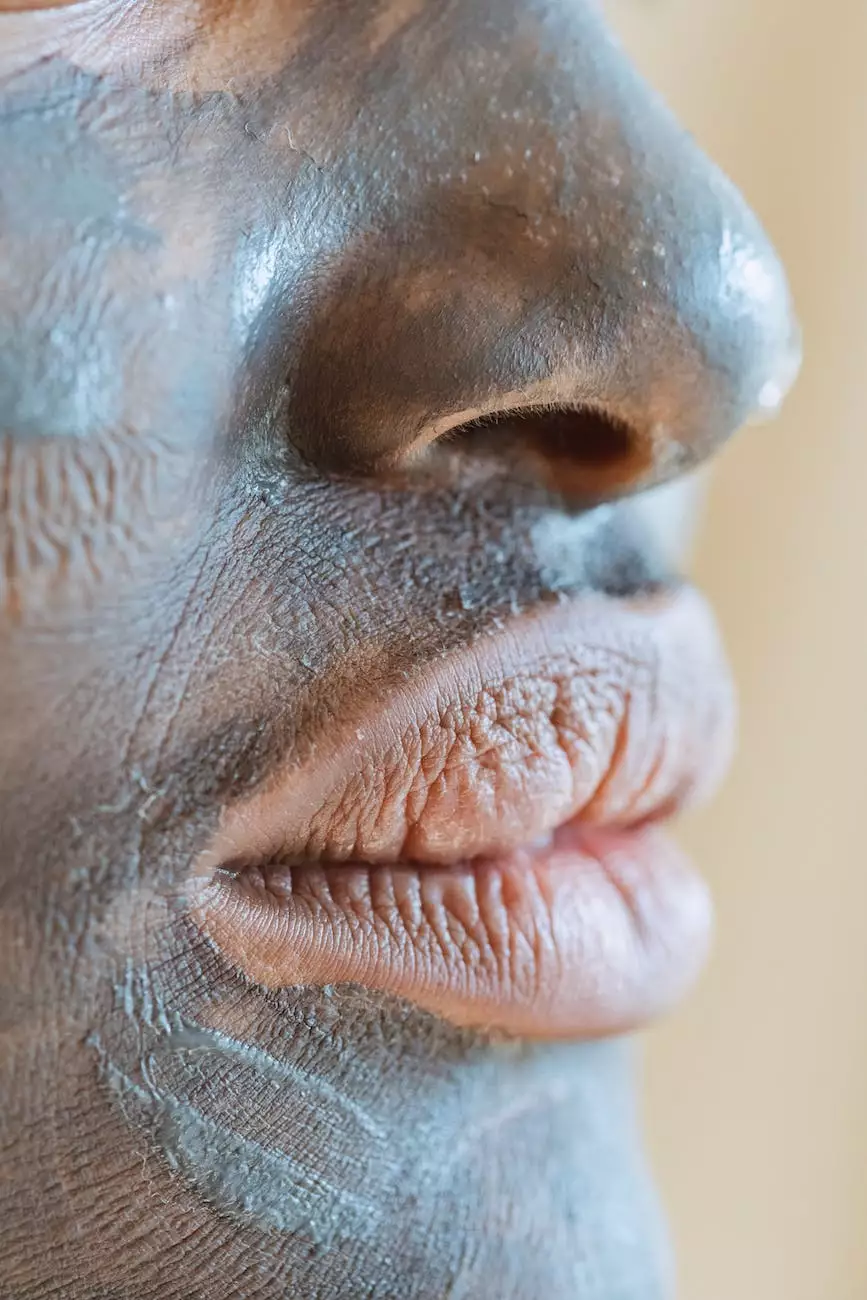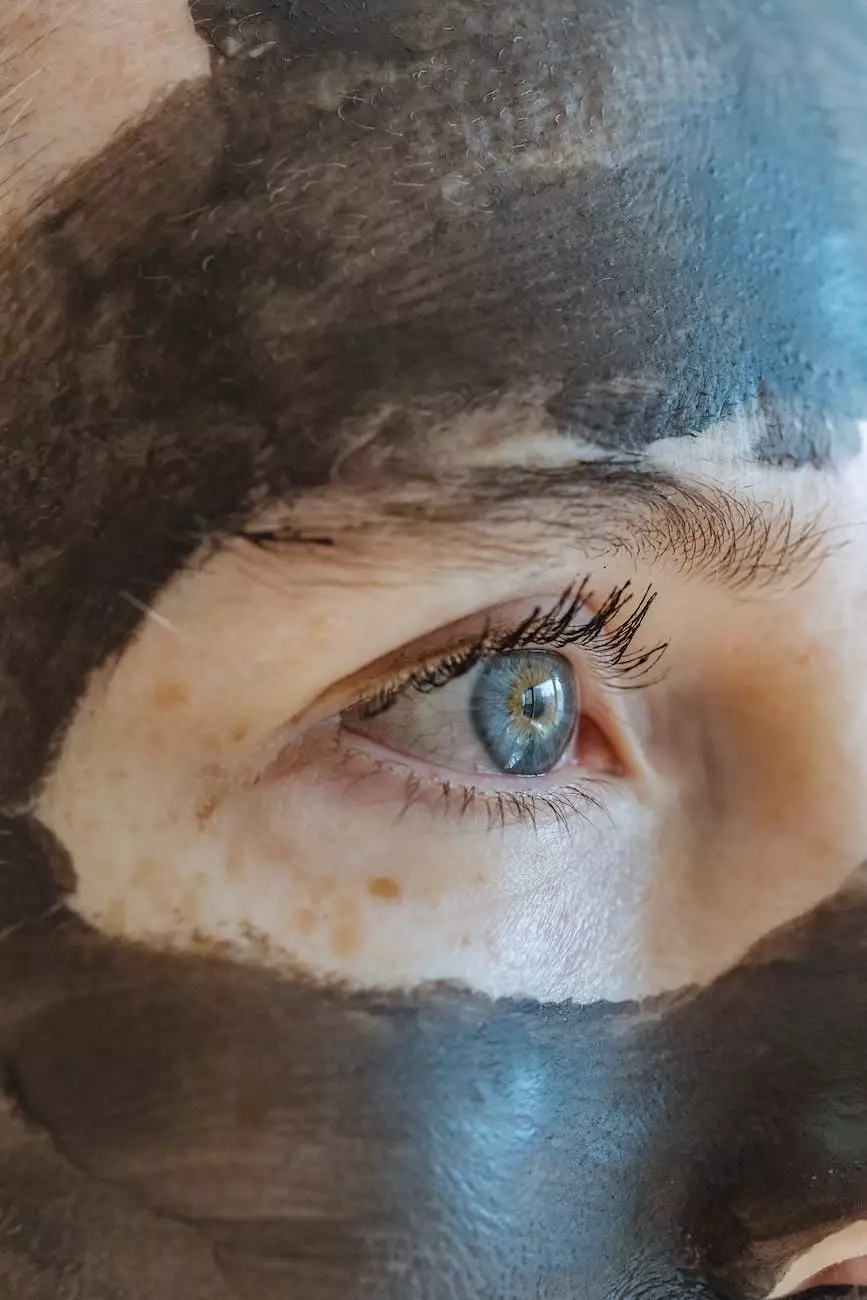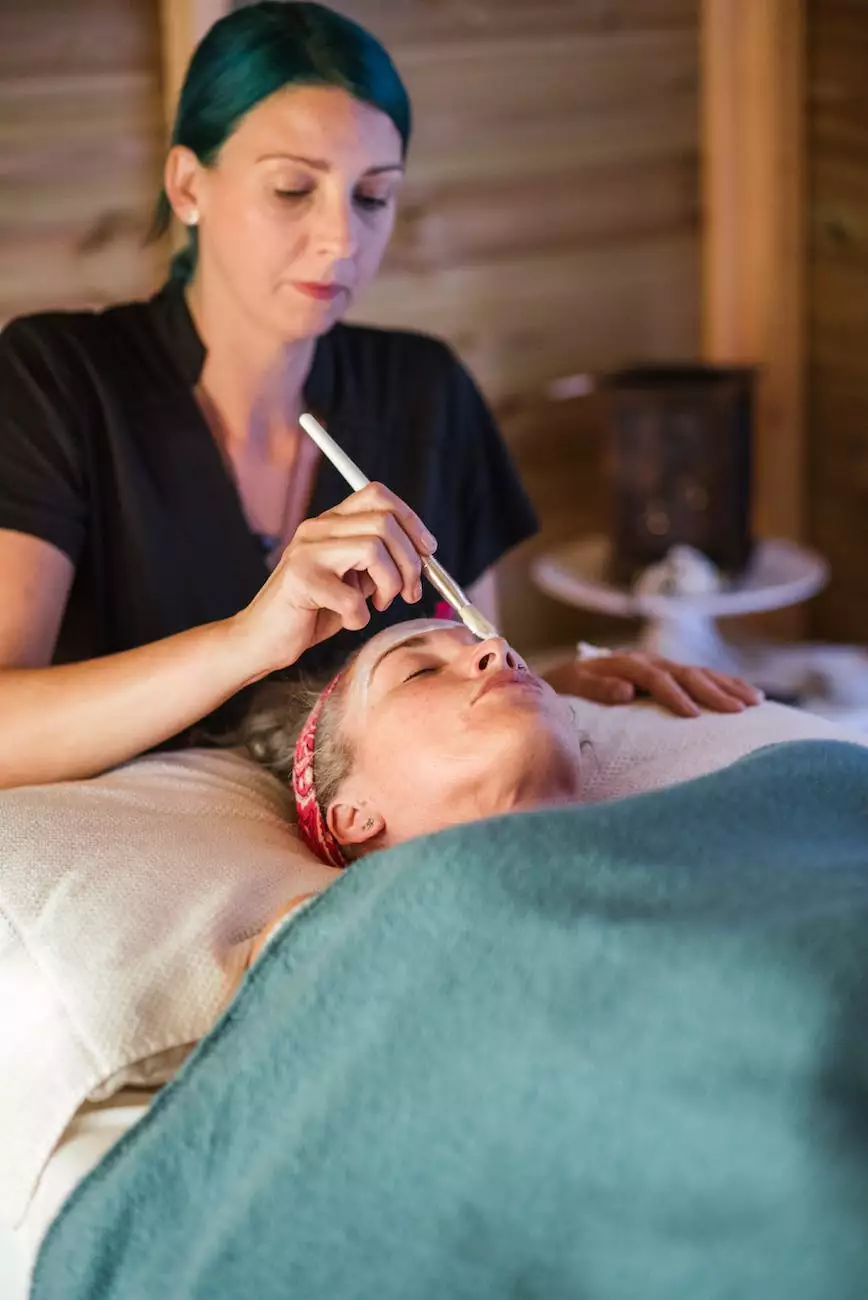Skin Cancer Screening
Skin Care
Introduction
Welcome to the Skin Cancer Screening page by Smith, Arthur F, MD. As a leading expert in dermatology, Dr. Arthur F Smith is dedicated to providing comprehensive, reliable, and detailed information about skin cancer screenings. Our goal is to educate individuals about skin cancer prevention, early detection, and treatment options.
The Importance of Skin Cancer Screenings
Skin cancer is one of the most common types of cancer, but if detected early, it is highly treatable. Regular skin cancer screenings play a crucial role in identifying potential skin abnormalities, allowing for timely intervention and improved outcomes. During a skin cancer screening, our experienced dermatologists thoroughly examine your skin, looking for any suspicious moles, lesions, or growths.
Early Detection Saves Lives
Early detection is key to successfully treating skin cancer. Routine screenings enable our team to identify skin cancer at its earliest stages, making it easier to treat and potentially saving lives. By detecting abnormal skin growths early, we can develop personalized treatment plans that prioritize your health and well-being.
Prevention Strategies
While regular screenings are important, it's equally essential to adopt preventive measures to protect your skin from harmful sun exposure. Here are some tips to help you reduce your risk of developing skin cancer:
- Apply broad-spectrum sunscreen with at least SPF 30 before going outside.
- Seek shade during peak sun hours (10 a.m. to 4 p.m.).
- Wear protective clothing, including wide-brimmed hats and UV-protective sunglasses.
- Avoid tanning beds and sunlamps.
Types of Skin Cancer
There are several types of skin cancer, with the most common being basal cell carcinoma, squamous cell carcinoma, and melanoma. It is crucial to be aware of the signs and symptoms of these skin cancers to facilitate early detection:
Basal Cell Carcinoma
Basal cell carcinoma usually appears as a pearly or waxy bump on the skin. It may also present as a flat, flesh-colored or brown scar-like lesion.
Squamous Cell Carcinoma
Squamous cell carcinoma often appears as a red, scaly patch or a firm, raised nodule. It can develop anywhere on the body, including the areas exposed to the sun.
Melanoma
Melanoma is the most aggressive form of skin cancer and can be life-threatening if not treated promptly. It can develop from an existing mole or appear as a new, abnormal growth. Signs of melanoma include asymmetry, irregular borders, uneven color, and a diameter larger than 6mm.
When to Schedule a Skin Cancer Screening?
If you notice any changes in your skin, such as new or evolving moles, or experience symptoms like itching, bleeding, or pain in existing skin lesions, it is essential to schedule a skin cancer screening as soon as possible. Additionally, it is recommended to have regular screenings, especially if you have a family history of skin cancer or a high risk due to prolonged sun exposure.
The Skin Cancer Screening Process
During the screening process, Dr. Smith will conduct a thorough examination of your skin, paying close attention to any areas of concern. This non-invasive procedure involves:
- A visual inspection of your entire body, including the scalp, face, neck, torso, arms, legs, palms, soles, and fingernails.
- Examination of any suspicious moles or lesions using dermatoscopy, a specialized magnifying tool.
- If necessary, a biopsy may be performed to further analyze any suspicious skin growths.
Supporting Your Skin Health
At Smith, Arthur F, MD, we are committed to not only detecting and treating skin cancer but also promoting overall skin health. Our dermatologists provide personalized recommendations, including:
- Sun protection education and strategies for reducing sun exposure.
- Guidance on proper skincare routines to maintain healthy skin.
- Information on the latest advancements in skin cancer treatments.
- Lifestyle modifications to minimize lifestyle factors contributing to skin cancer risk.
Conclusion
Regular skin cancer screenings are an essential part of maintaining good skin health and minimizing the risks associated with skin cancer. By partnering with Smith, Arthur F, MD, you'll have access to expert dermatologists who prioritize your well-being and provide comprehensive skin cancer screenings. Take charge of your skin health today by scheduling a consultation with our experienced team.


